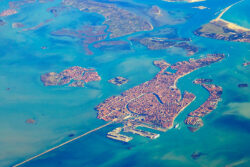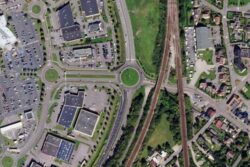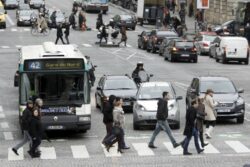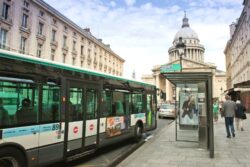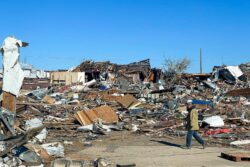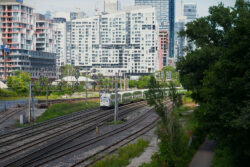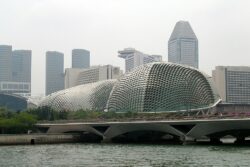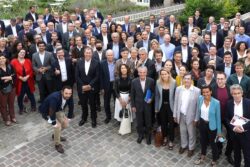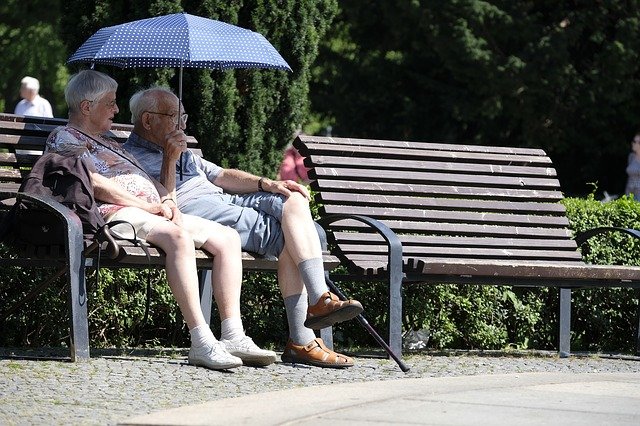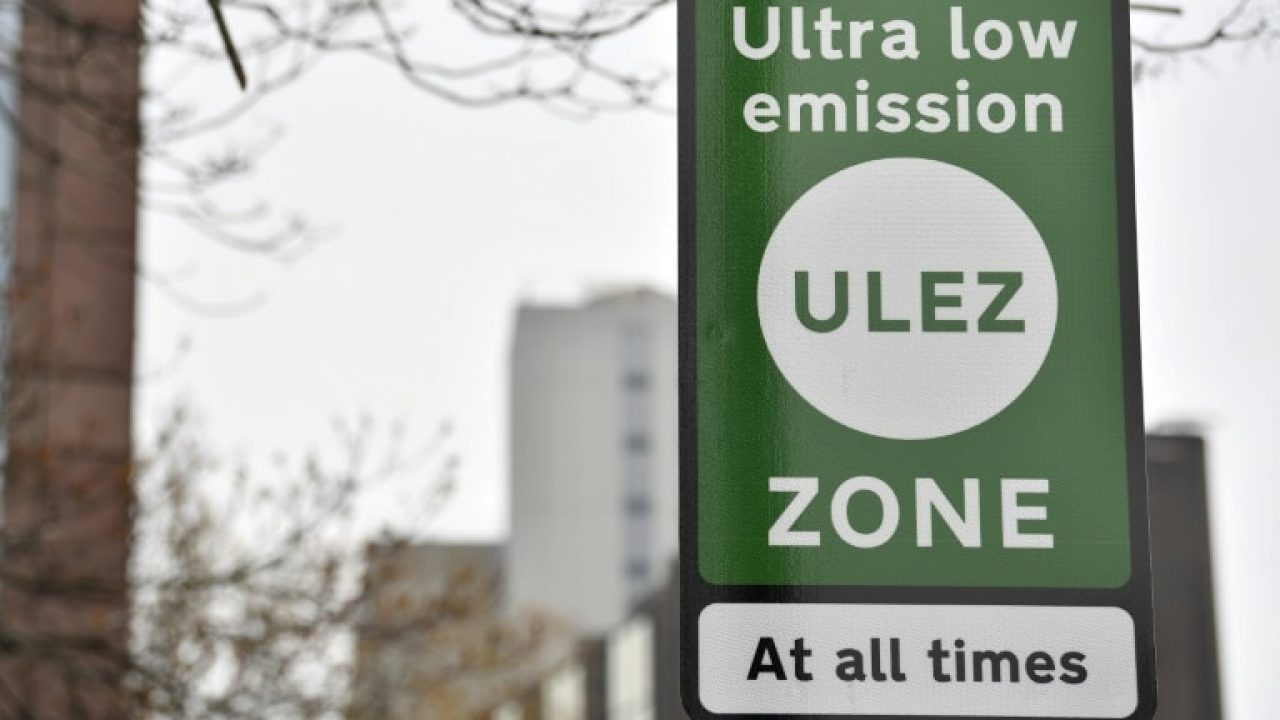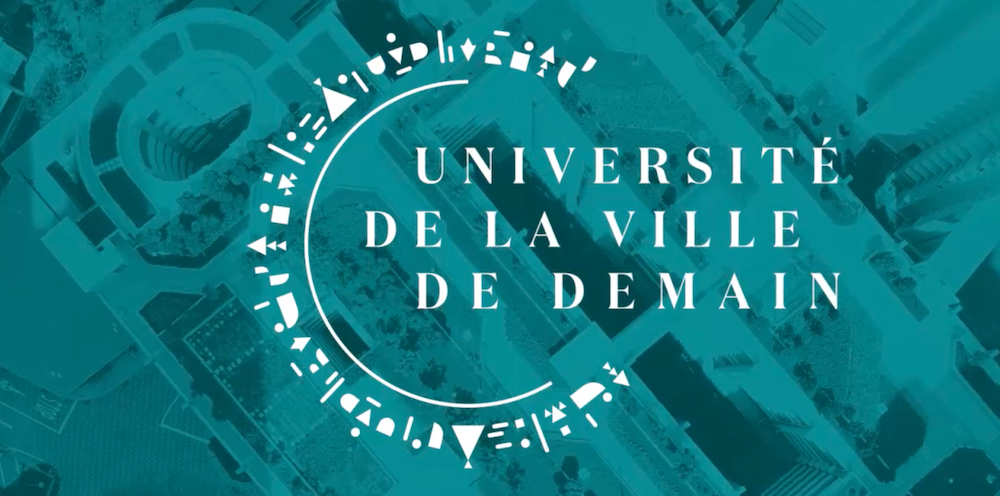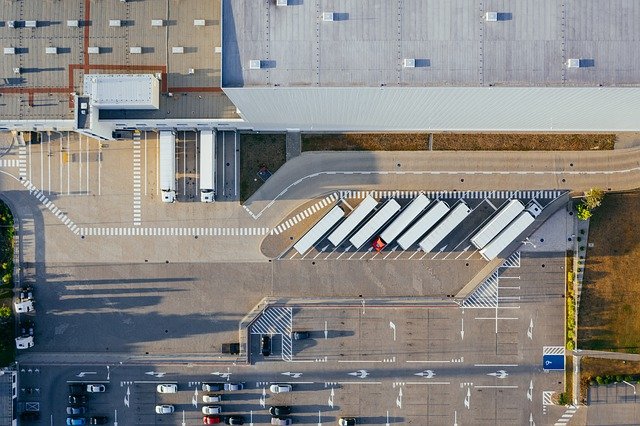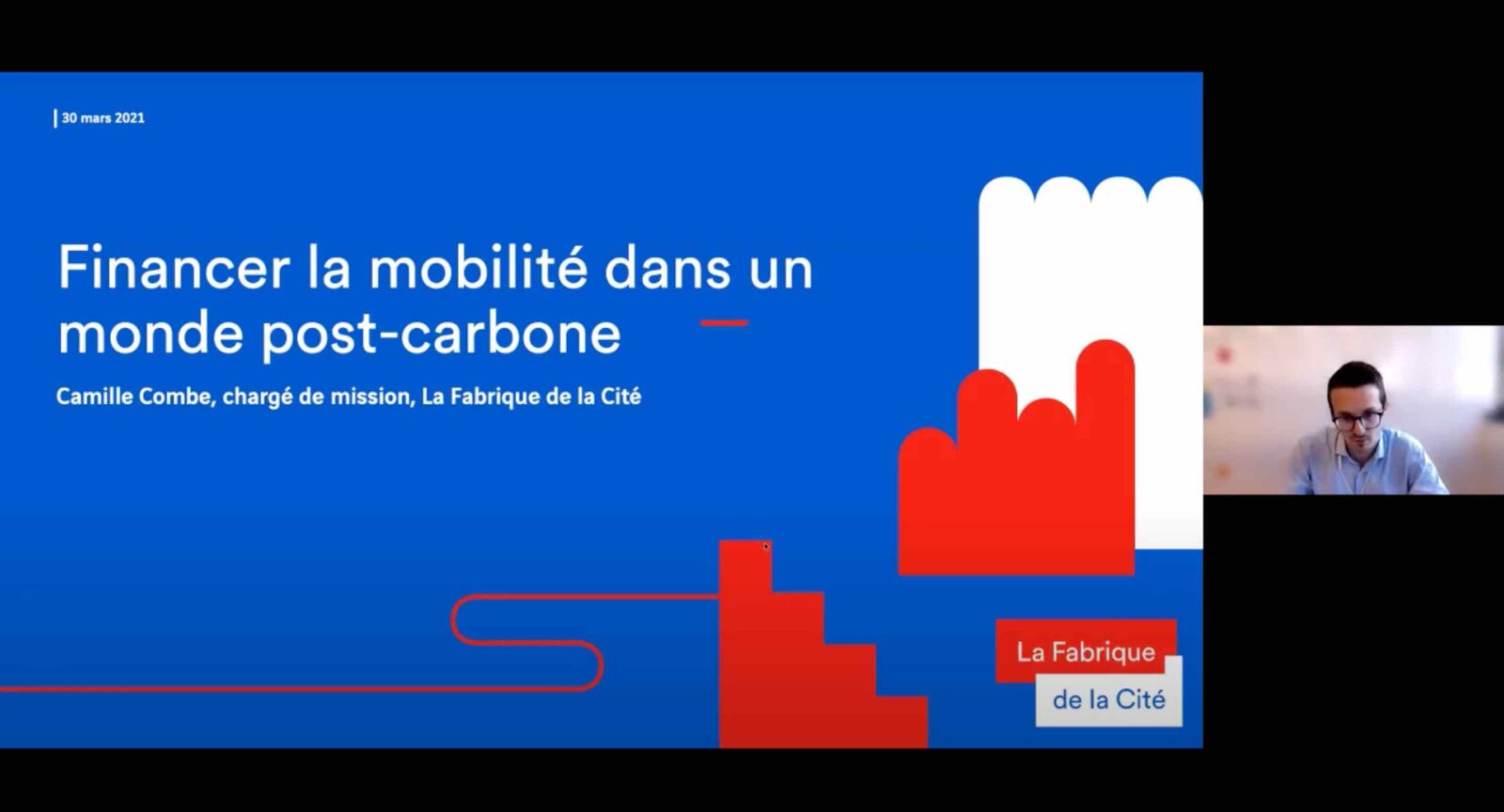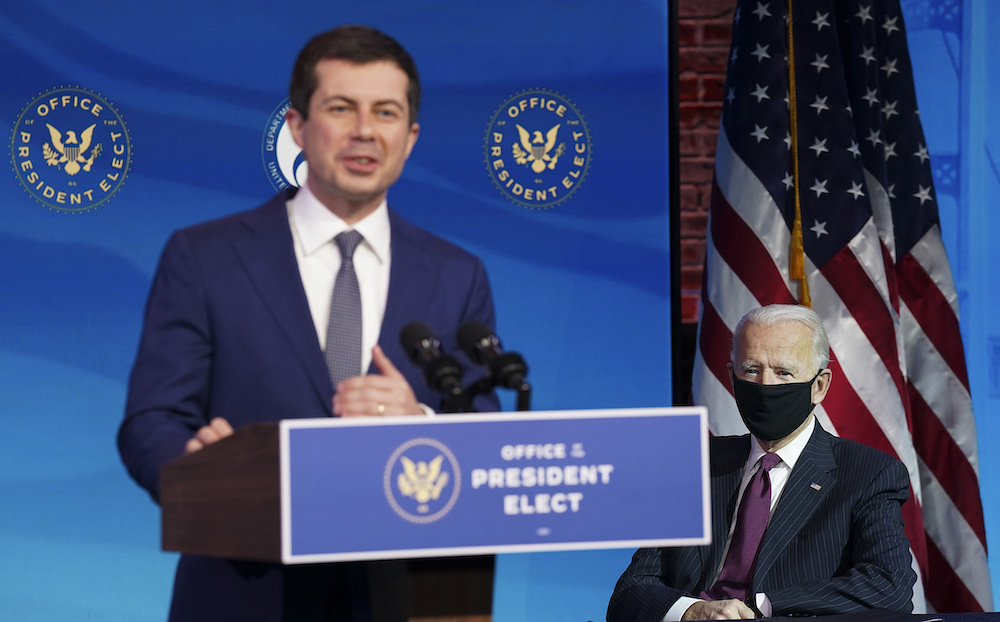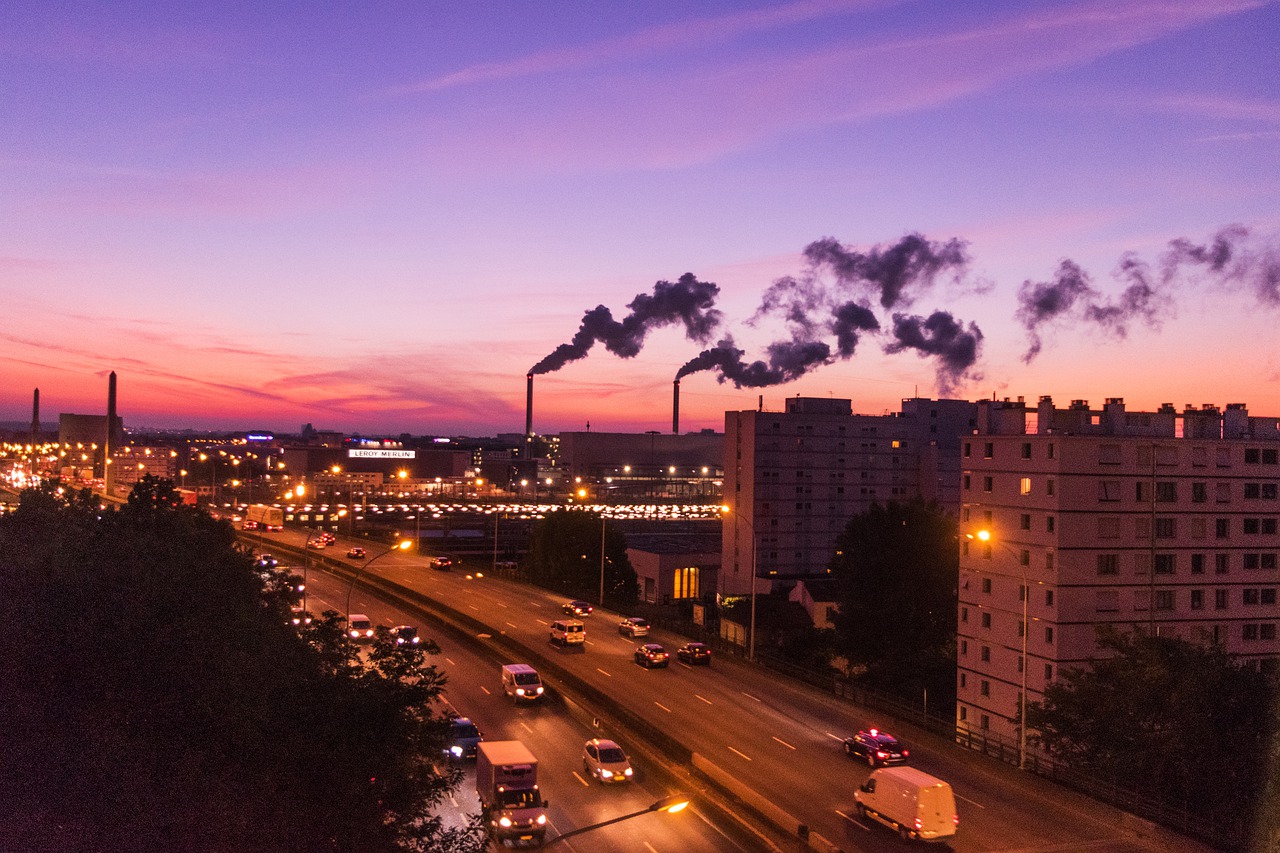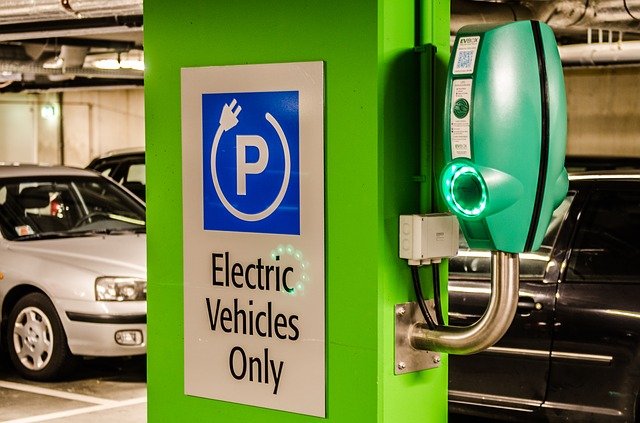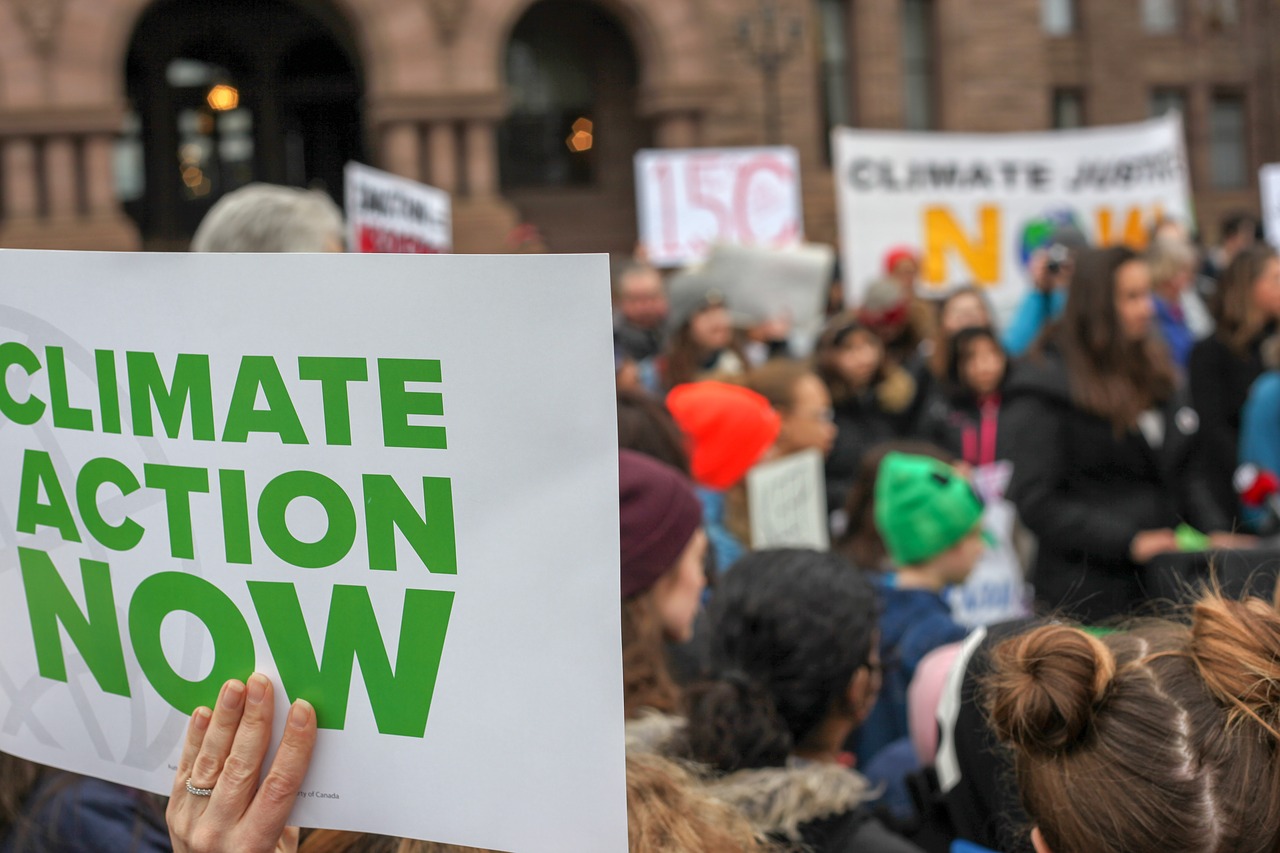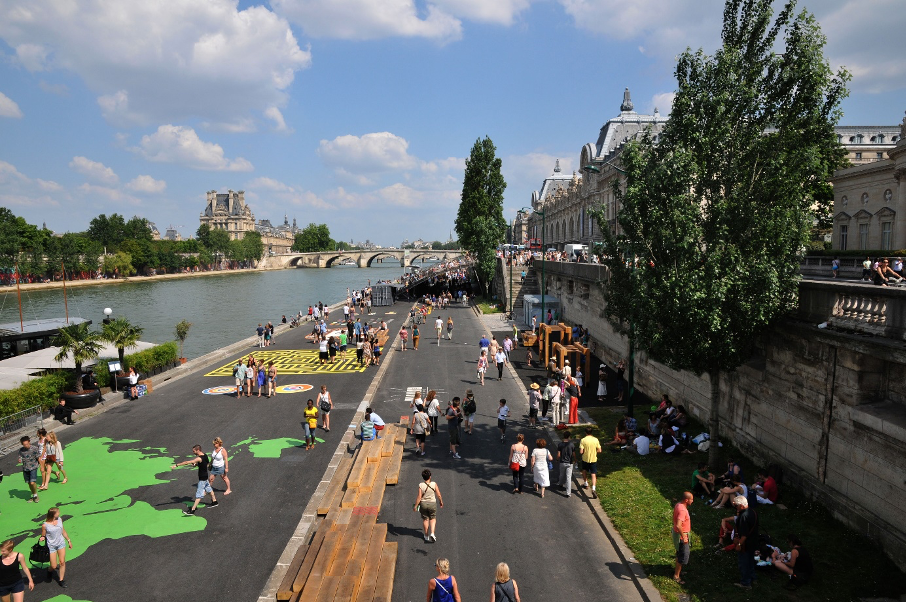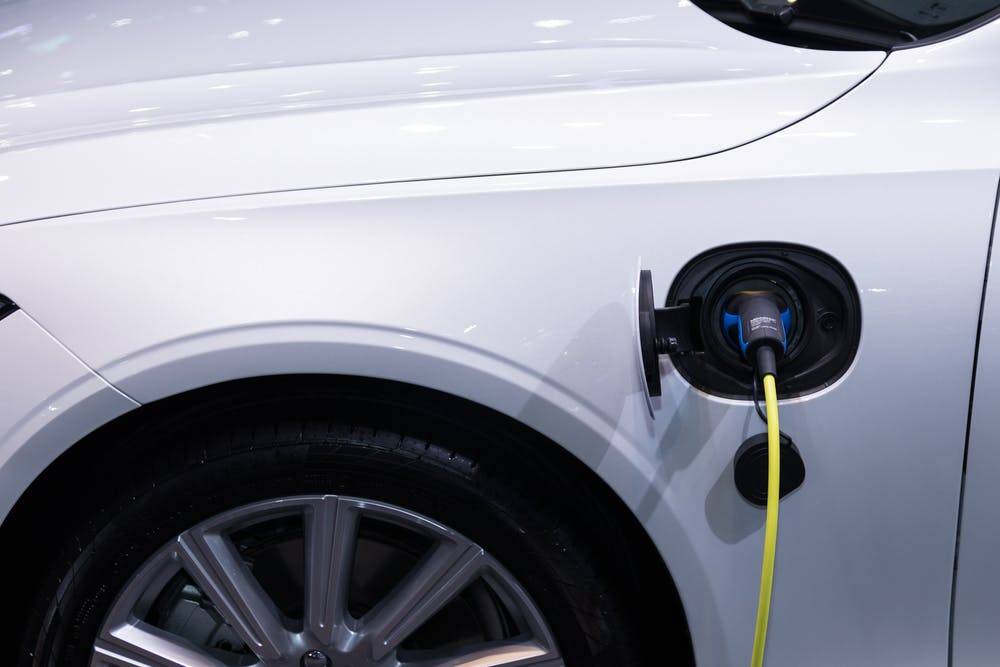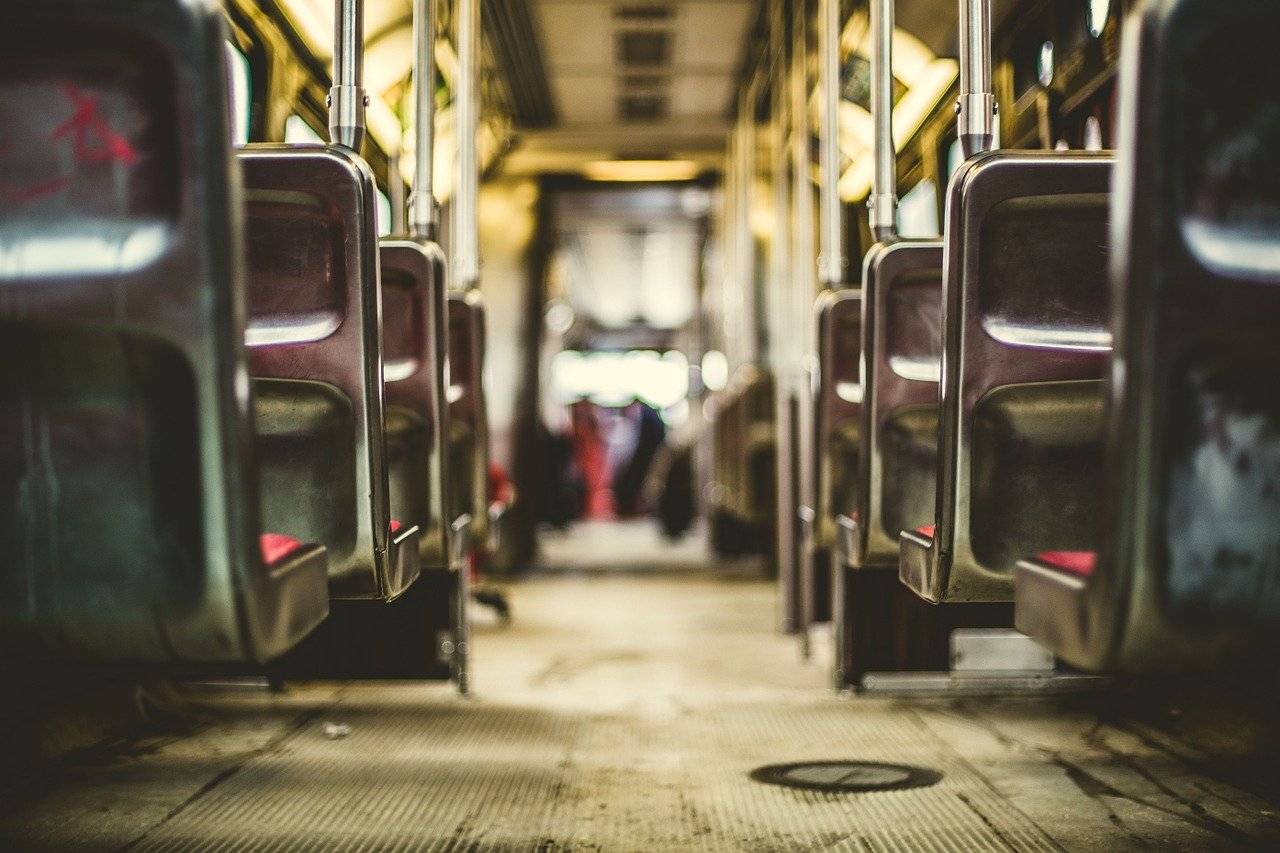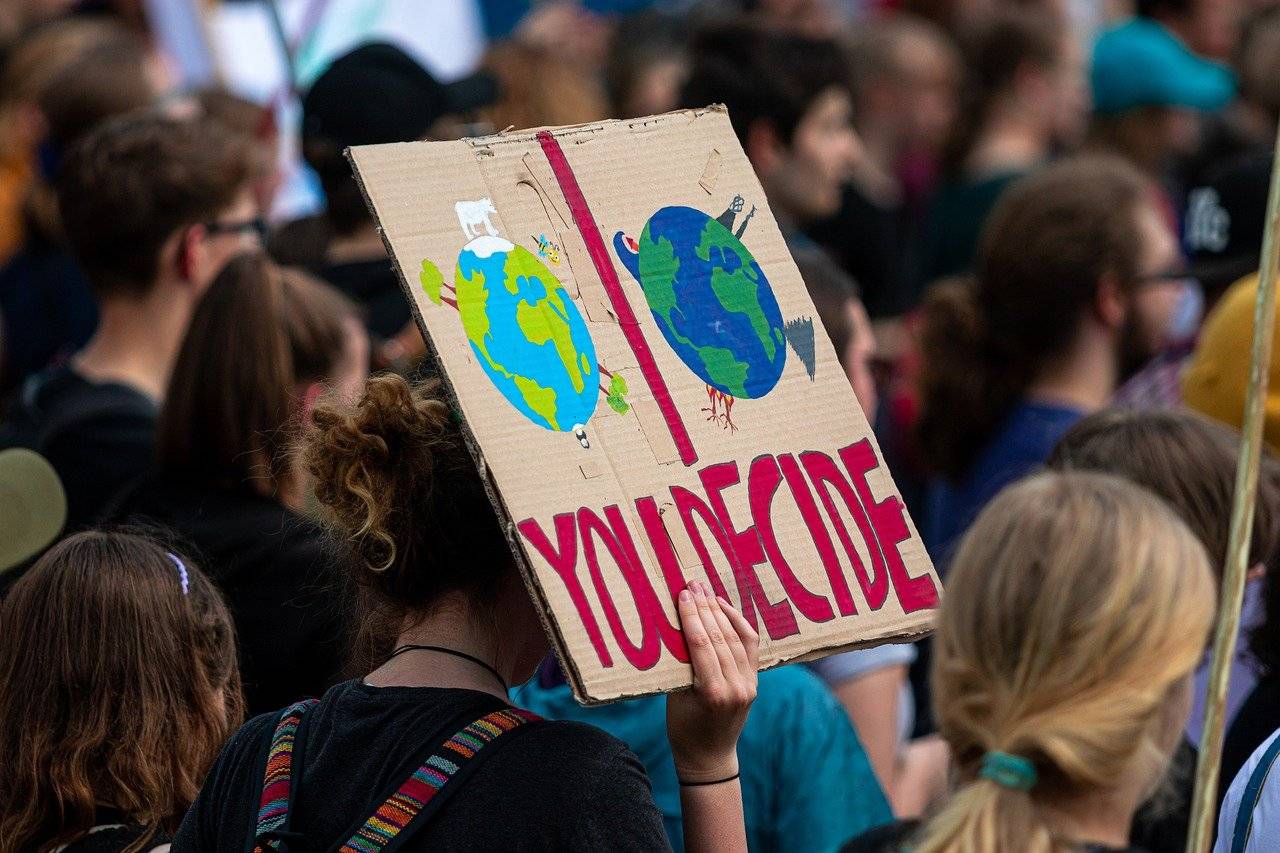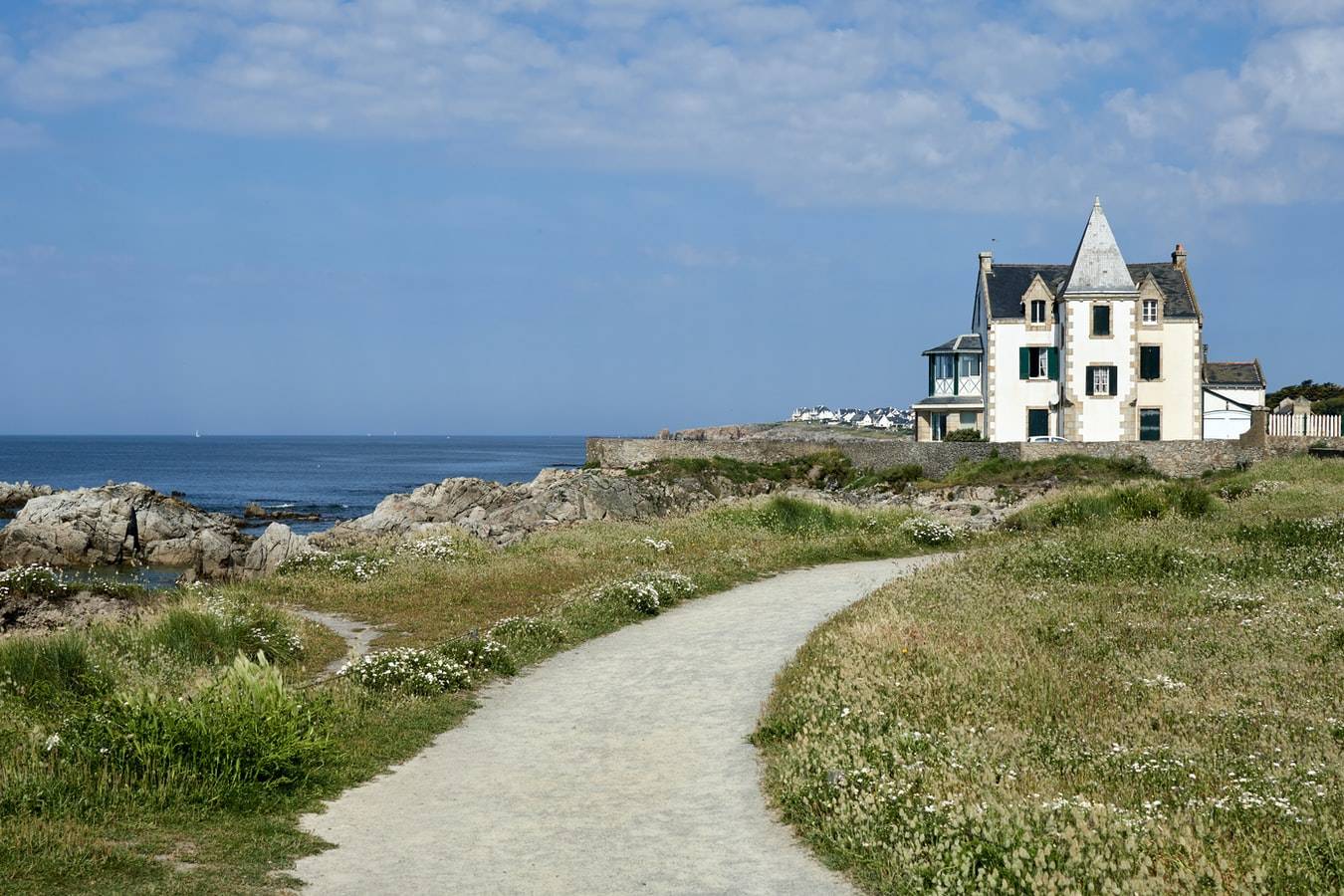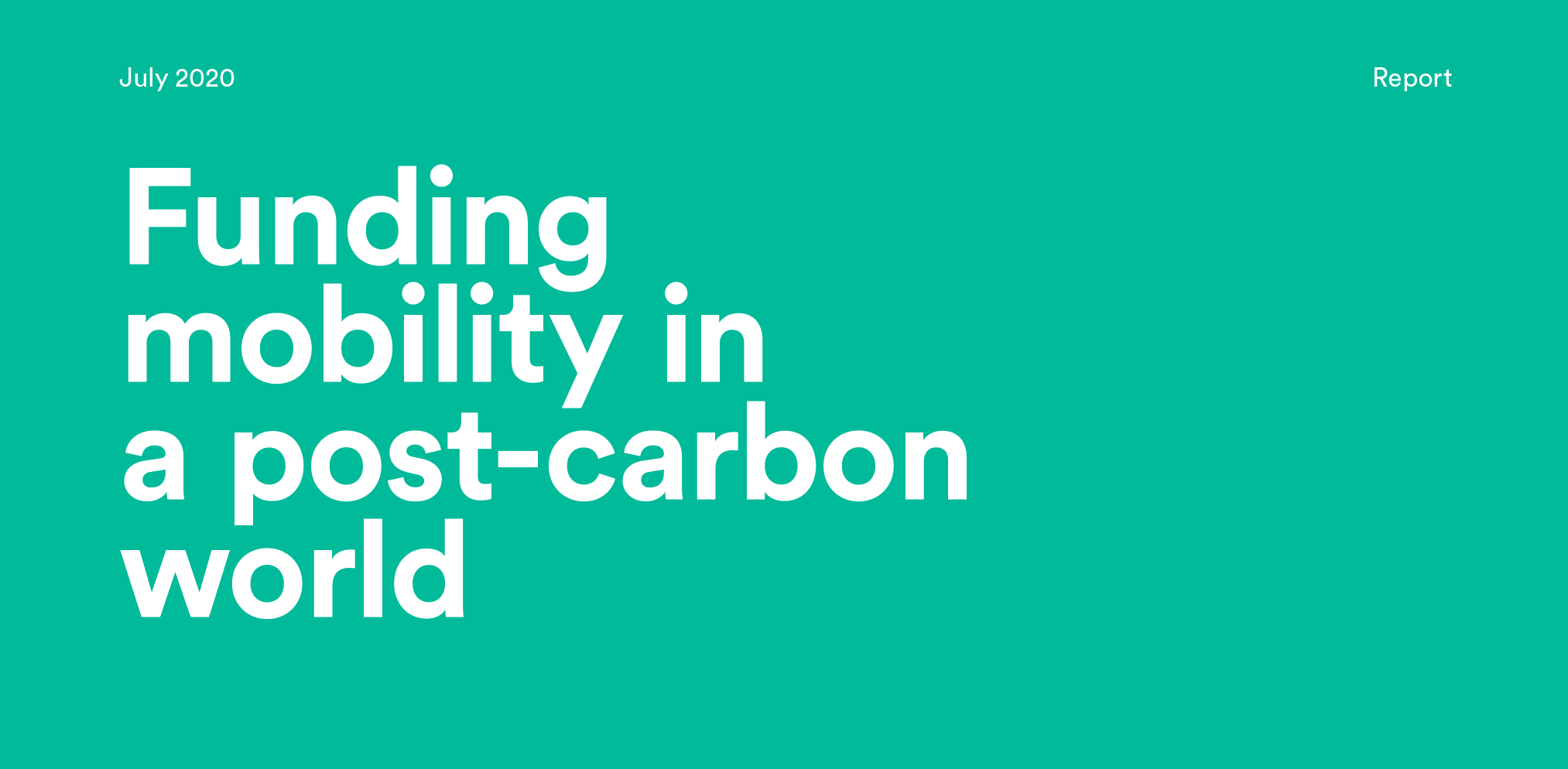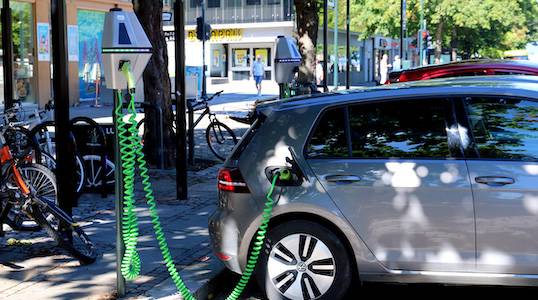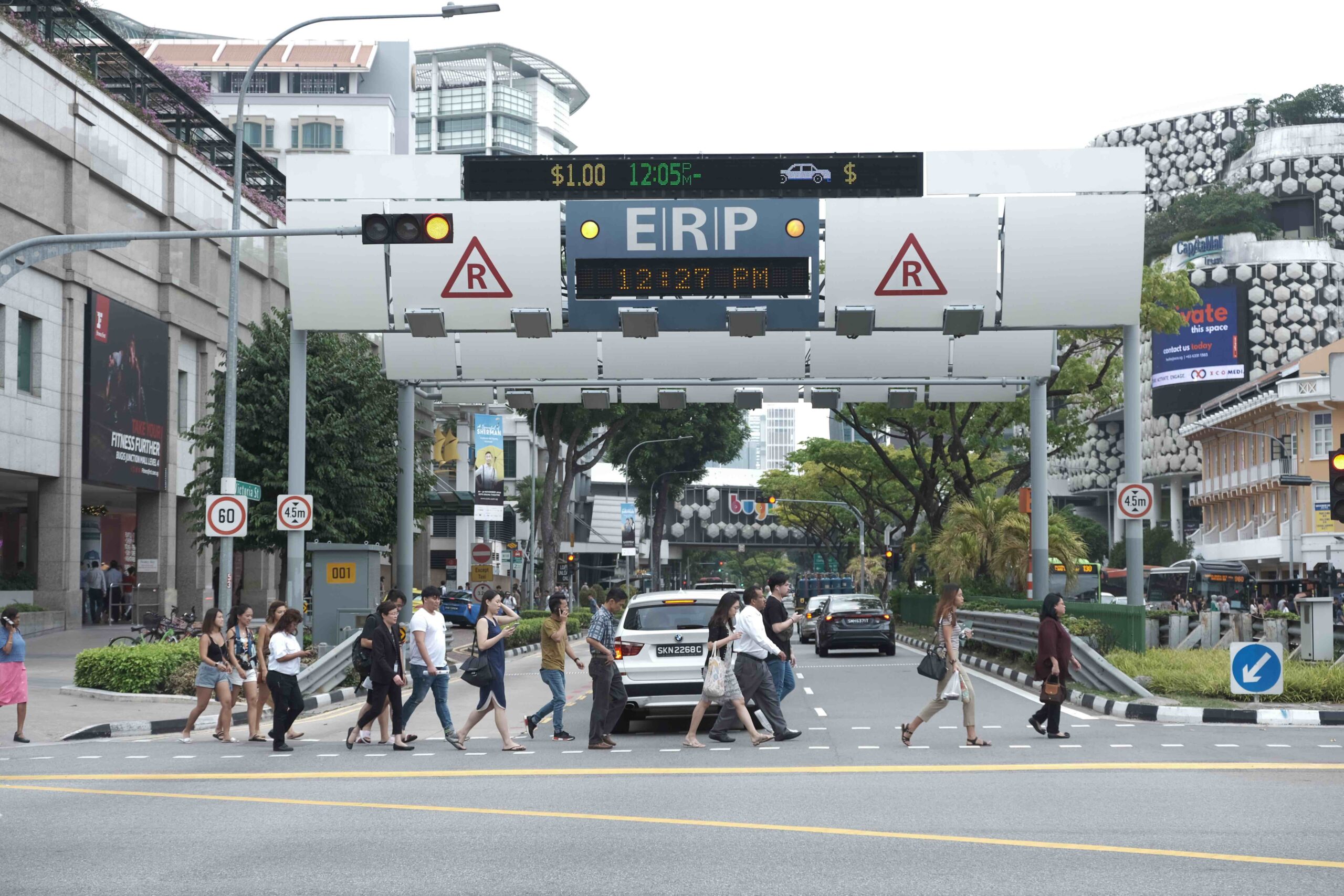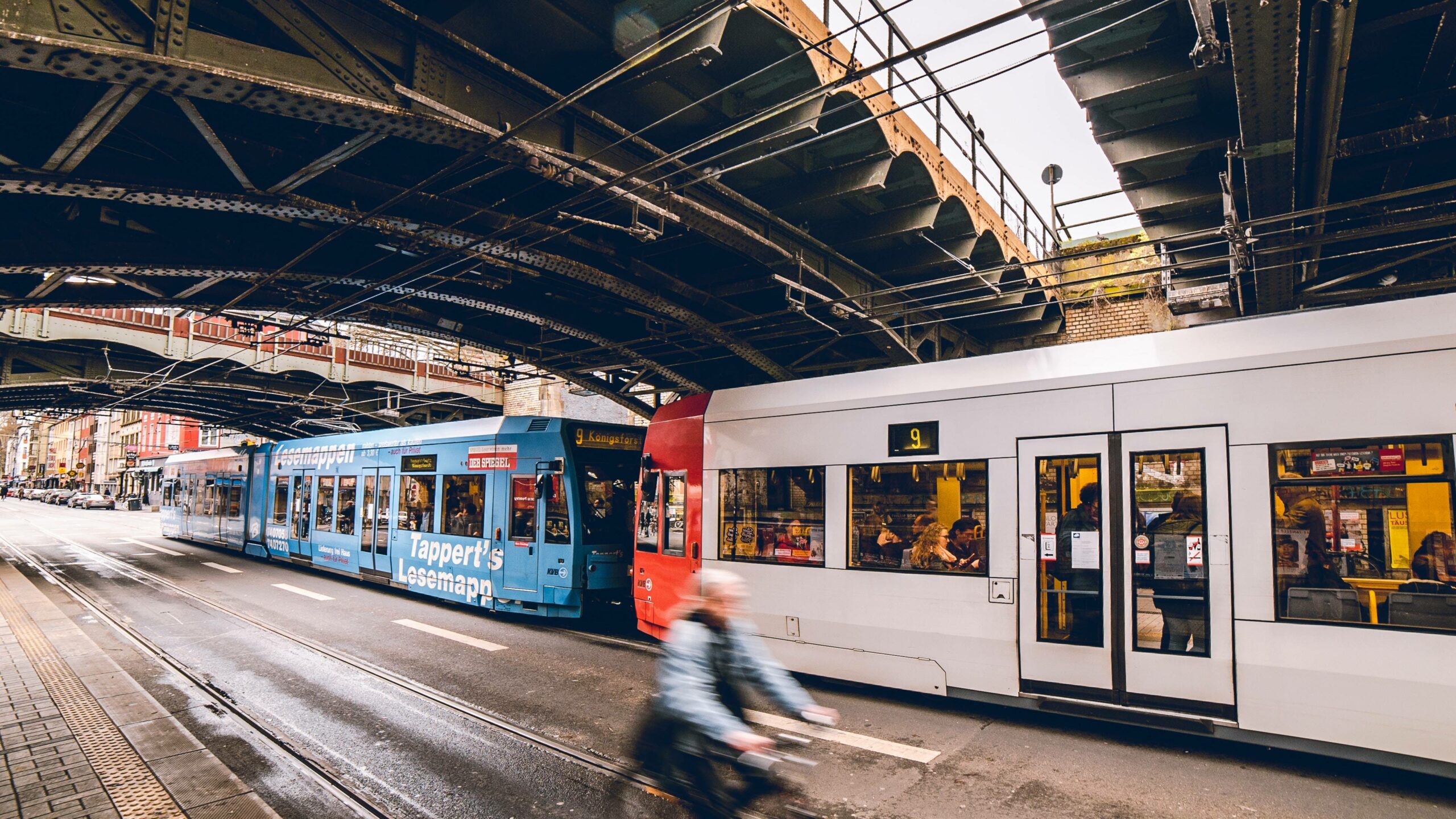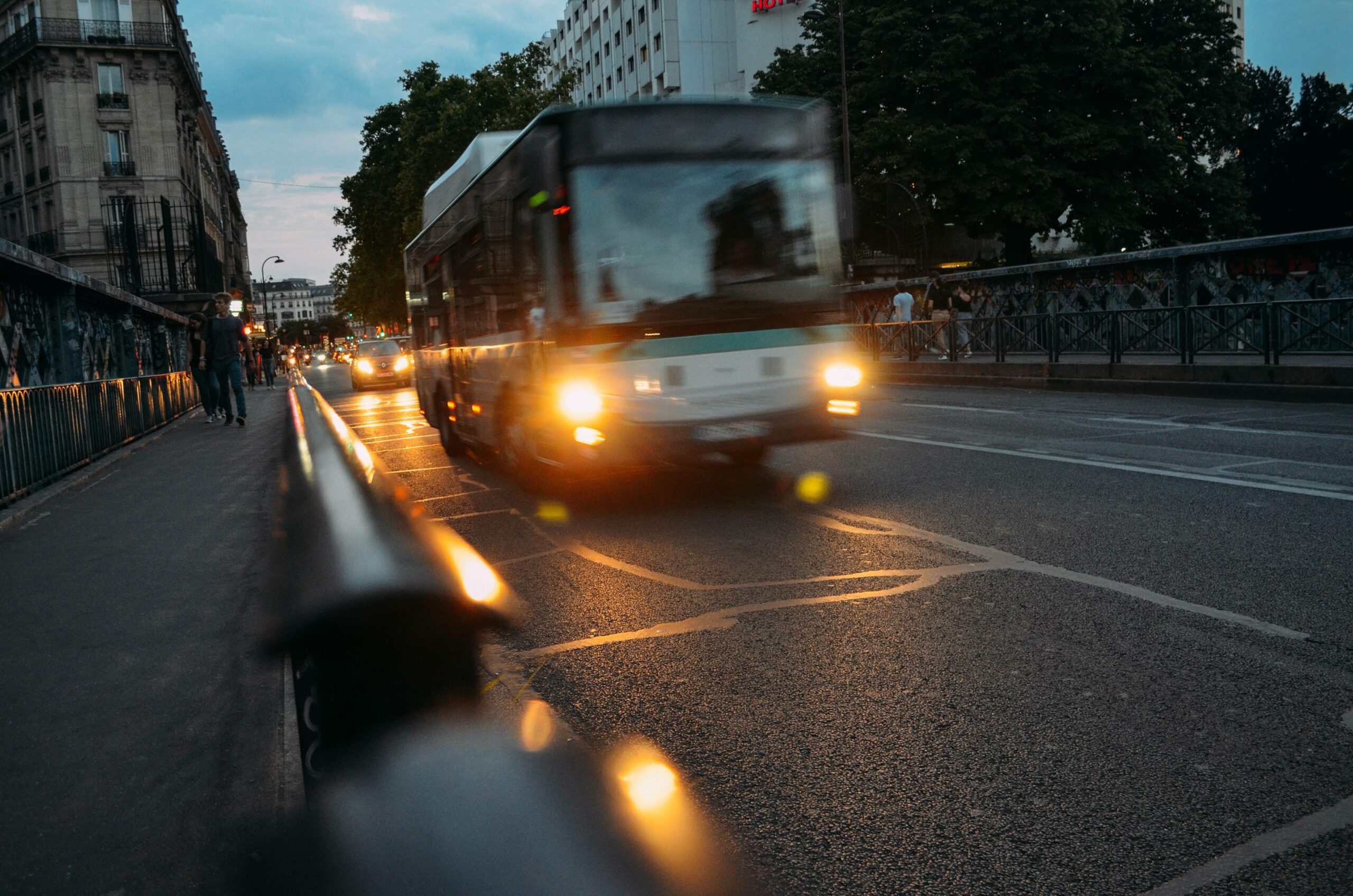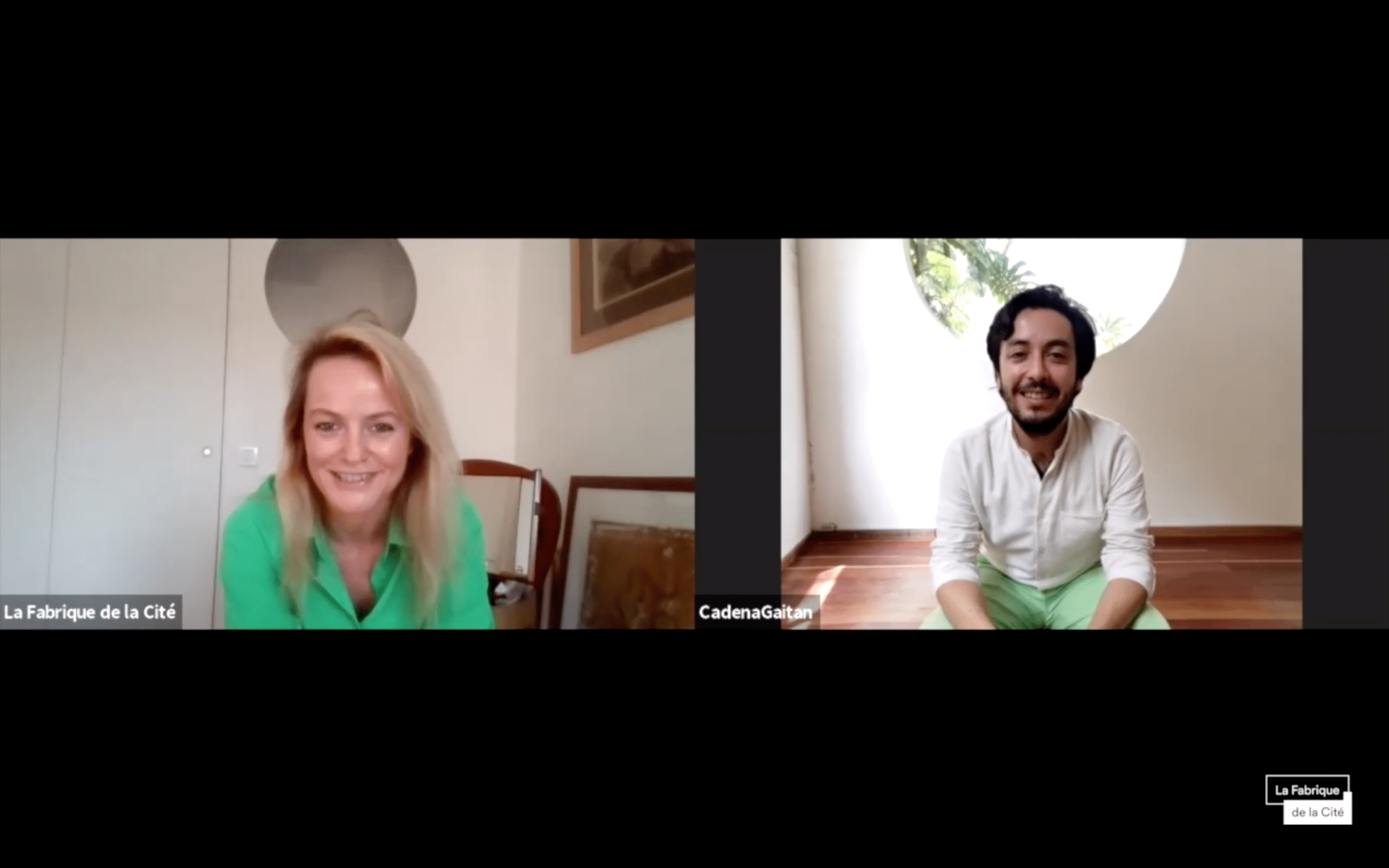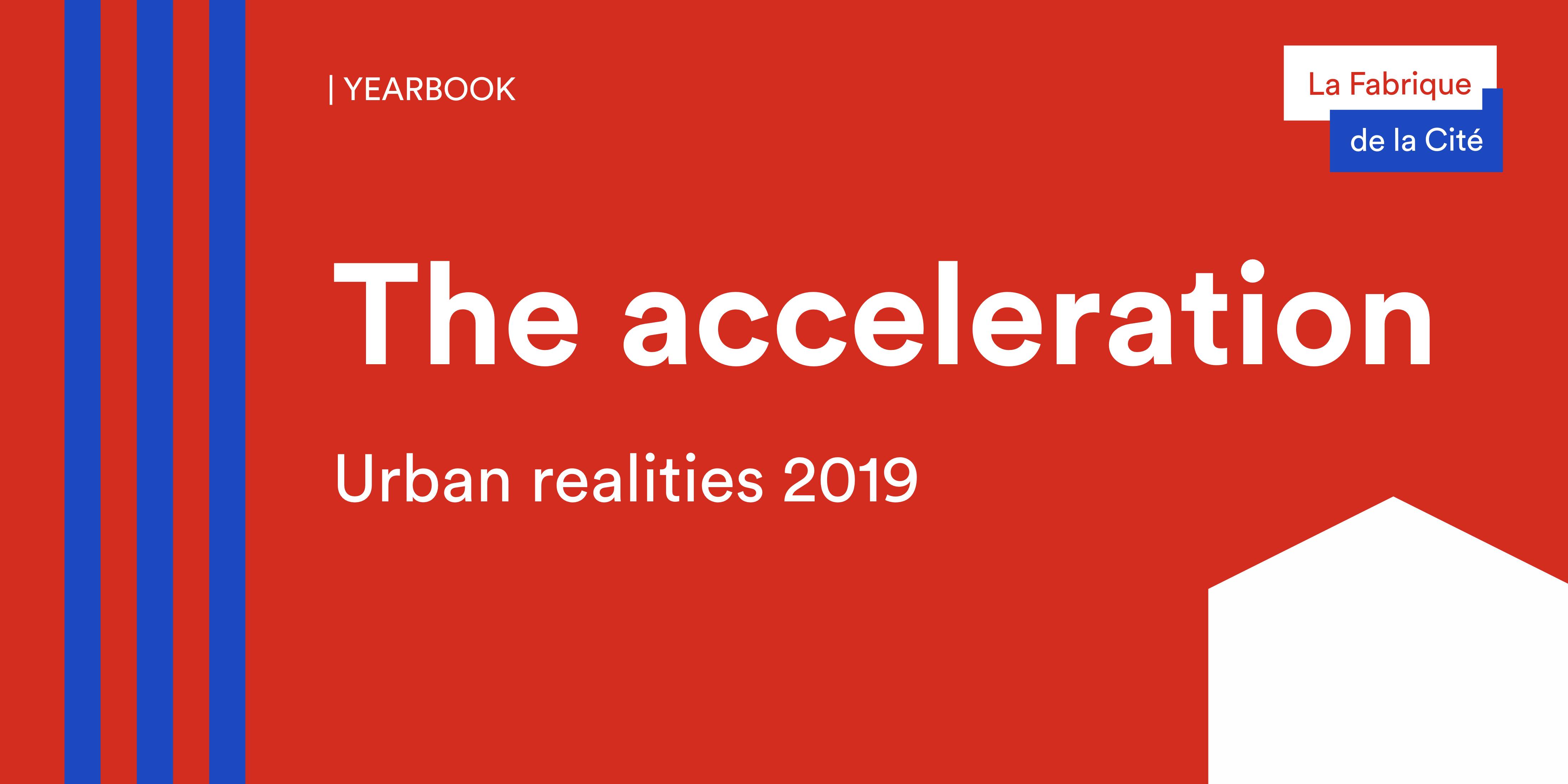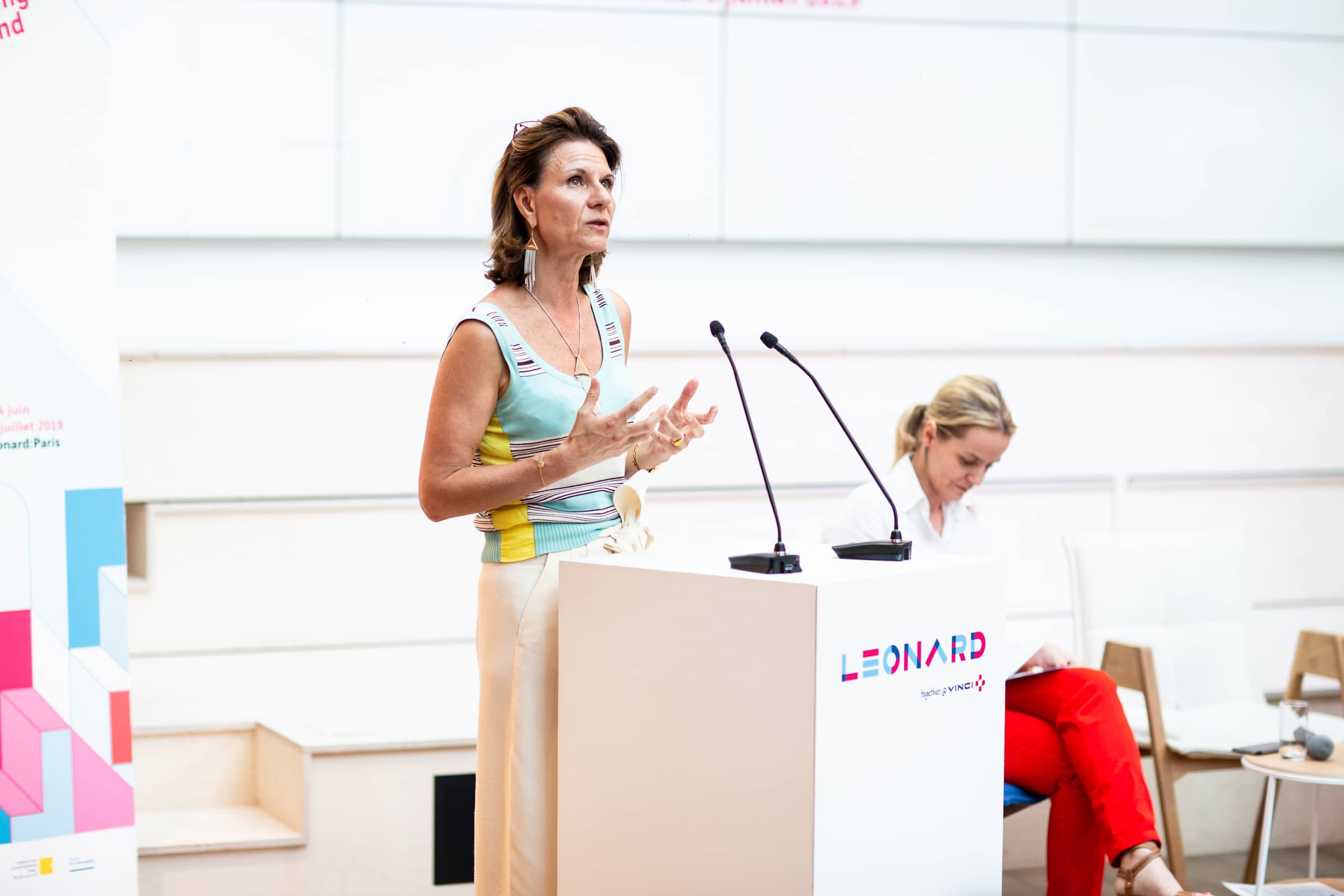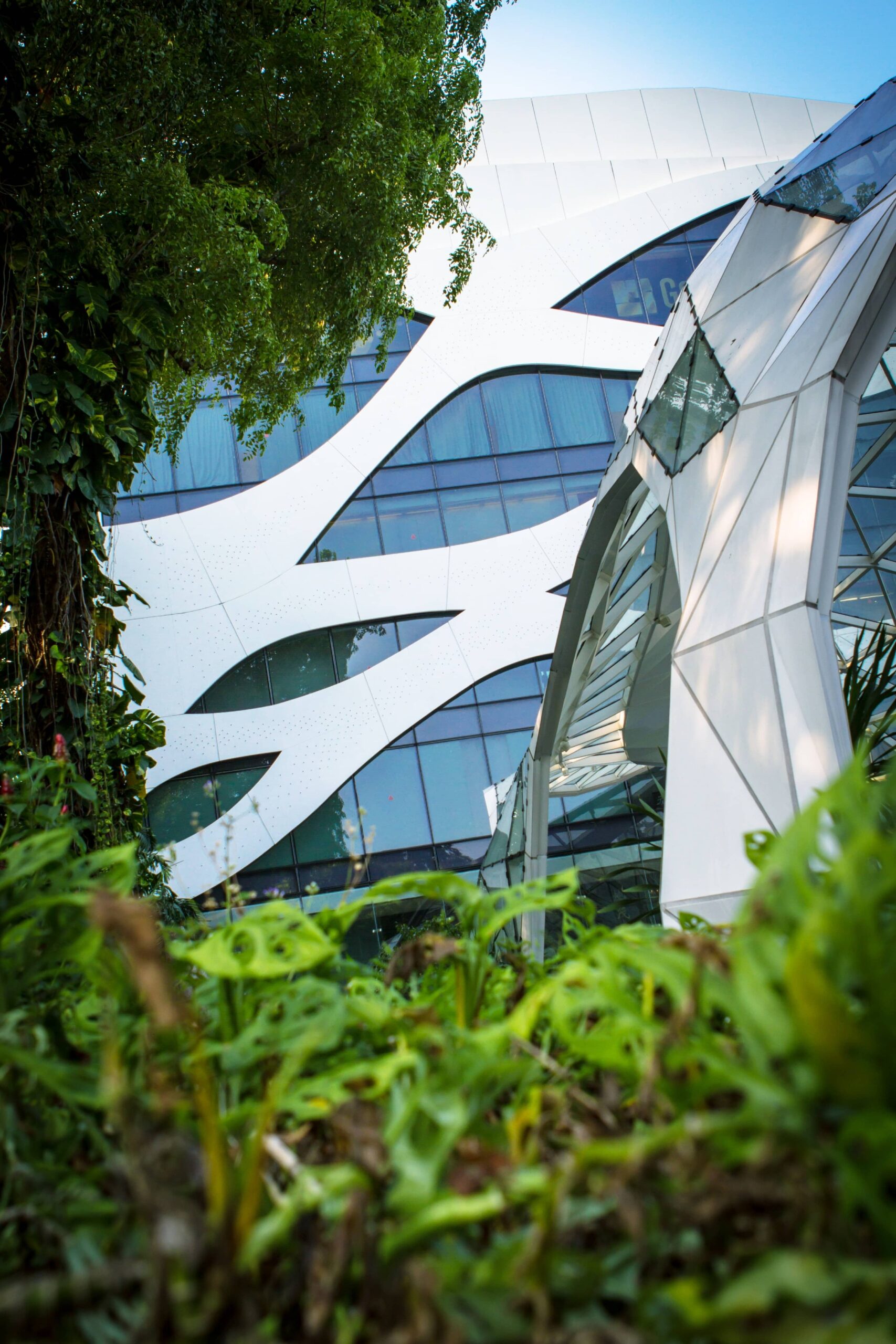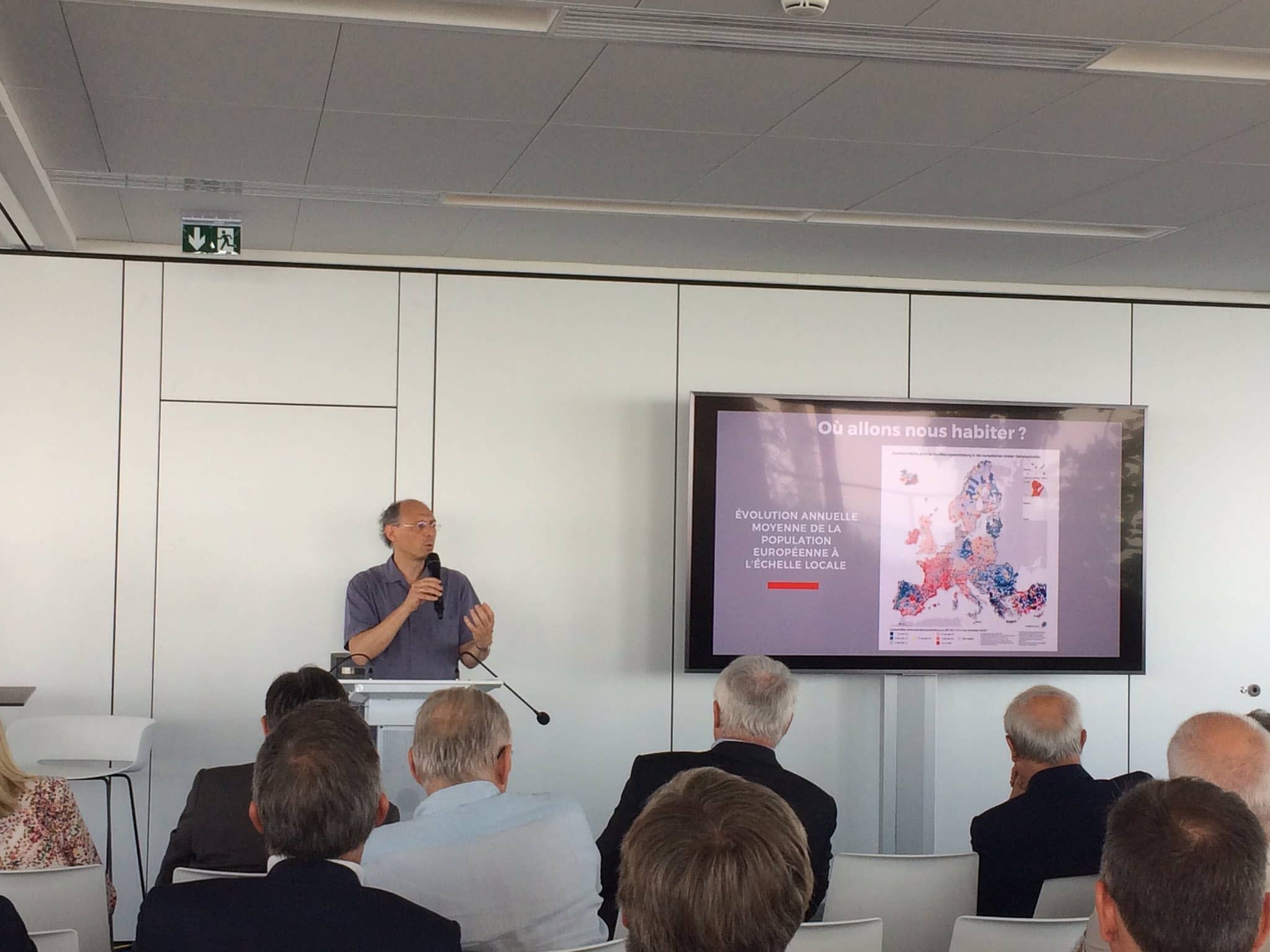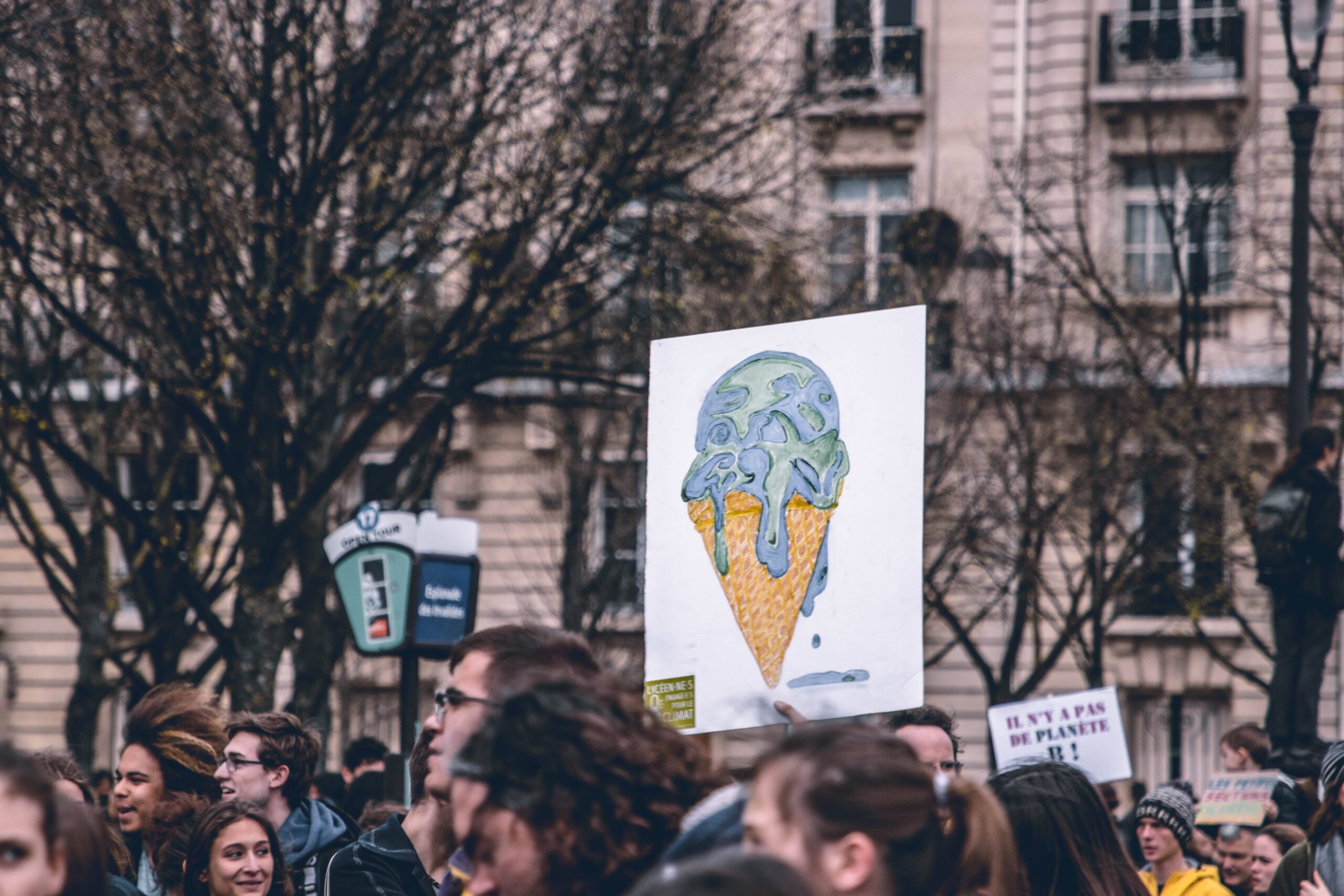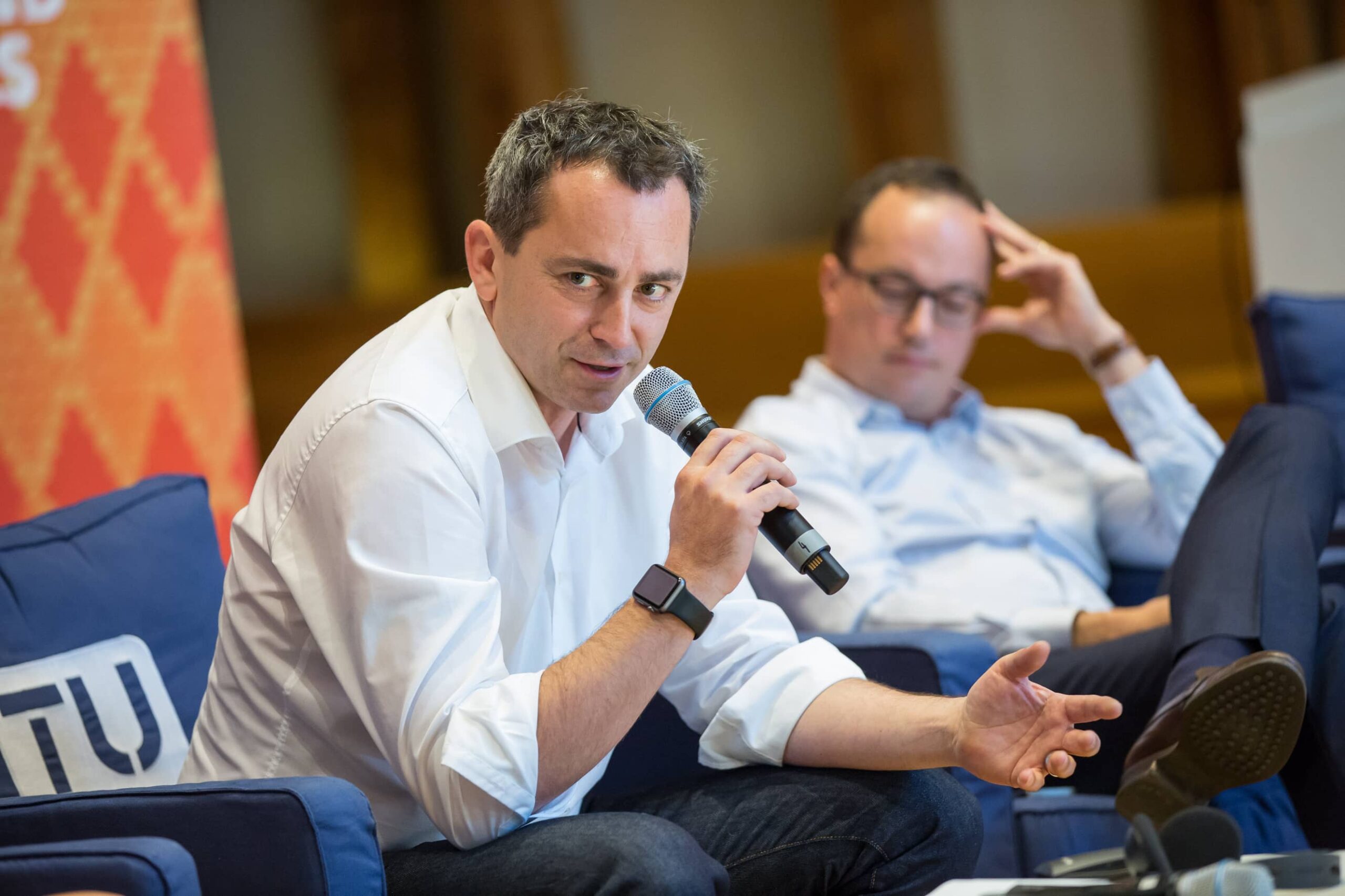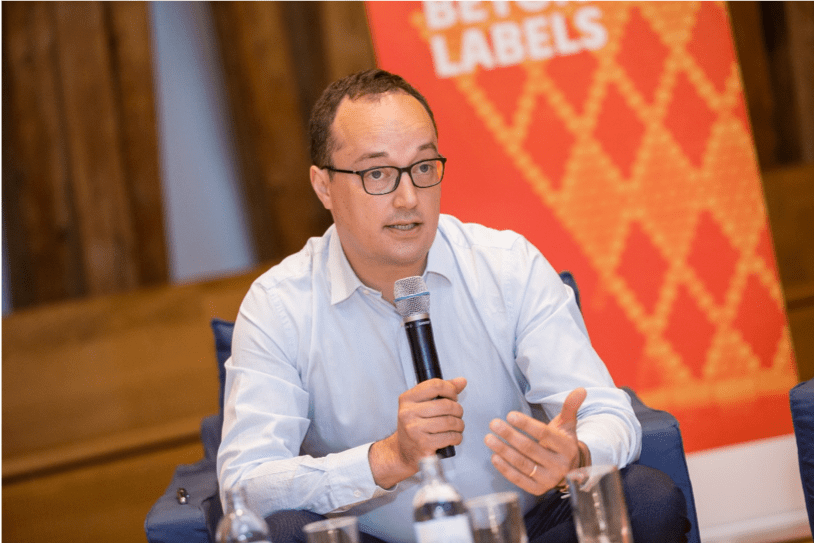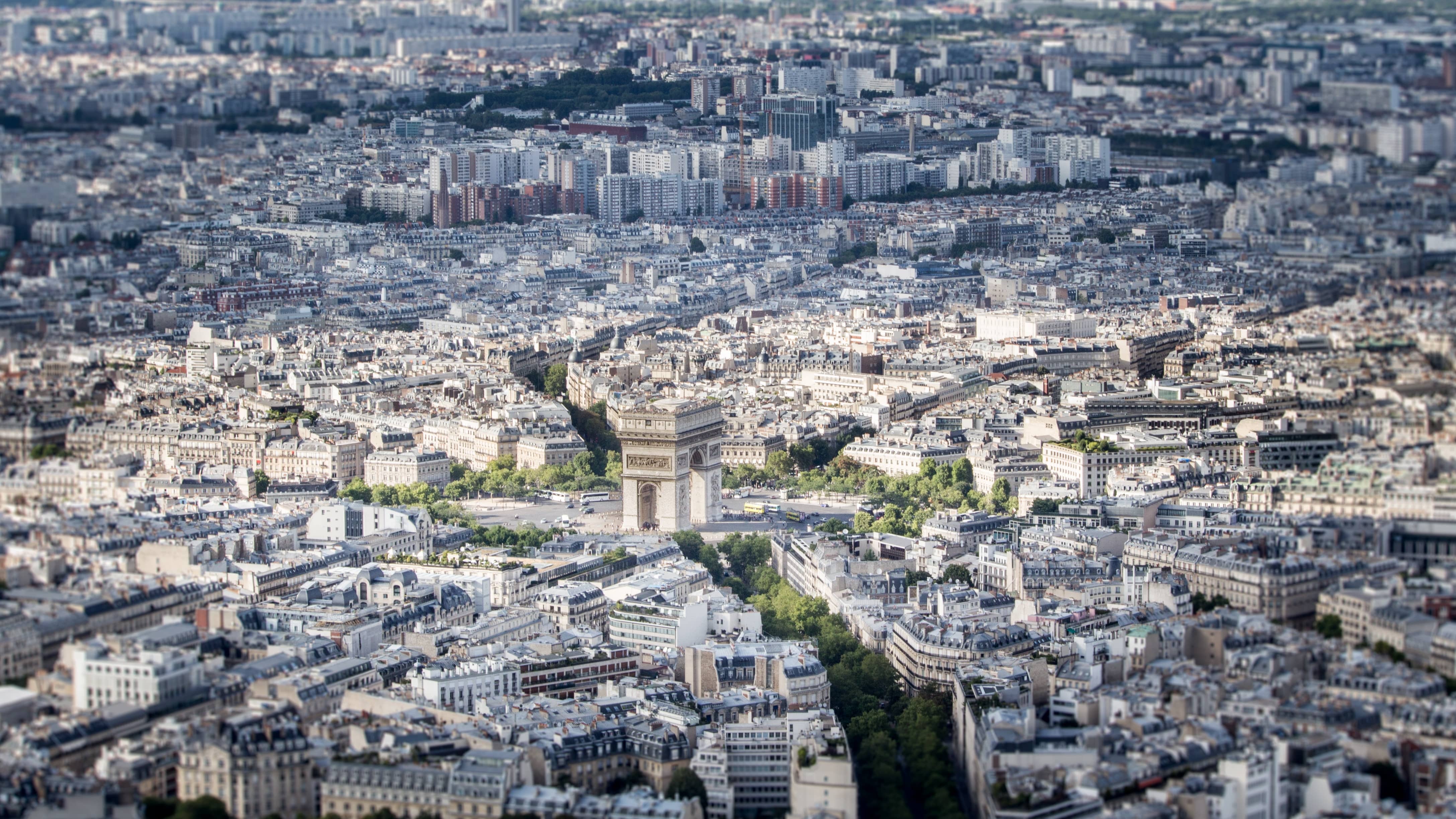

Paving the way for a low-carbon city for all: the Palladio Foundation and La Fabrique de la Cité launch the “Université de la Ville de Demain”
In partnership with La Fabrique de la Cité, the Palladio Foundation brings together 150 personalities to lay the foundations for a low-carbon city for all.
Declarations on commitments to reduce greenhouse gas emissions continue to multiply from both public and private actors, a sign that the ripple effect is working. But beyond declarations, the fight against global warming requires action plans that are implemented and the determination of intermediate steps that allow the impact of the actions that are taken to be evaluated. There are many barriers to implementing effective action plans to reduce greenhouse gas (GHG) emissions.
The first summit of the “Université de la Ville de Demain” (UVD) will bring together on July 8 and 9 150 political, economic and associative leaders and personalities from civil society. Dedicated to “the low-carbon city for all”, the summit should encourage direct exchanges and accelerate the emergence of proposals, solutions and concrete projects to achieve the climate objectives set by France for 2030 and 2050. It will also be a reservoir of ideas on territorial and urban issues nine months before the presidential elections.
Following hearings with experts, which helped build a consensus on the issues and challenges to be addressed, four thematic and multidisciplinary working groups were set up and led by La Fabrique de la Cité:
- Living in the low-carbon city: What does the low-carbon city look like? How do we get around? How do we consume? How do we live there? While many courses of action already exist for city centers and metropolises, this is not the case for the suburbs and medium-sized cities.
- Financing the low-carbon city: What exactly is the risk of climate change? The uncertainty surrounding this question creates a tension between the certain cost of action and the uncertain cost of inaction, between the choice of business as usual and that of transition. How to finance climate change adaptation and mitigation actions while respecting social and spatial justice?
- Governing and co-constructing the low-carbon city: A common vision of the low-carbon city, free from a discourse of fear and guilt, is struggling to emerge. It is well known that the long-term effectiveness of such a vision is low. How can we develop this common vision? On what basis should it be based? How can we ensure that the courses of action create the necessary support and benefit everyone?
- Integrating indirect emissions into a low-carbon strategy: Indirect emissions are those that, in order to be reduced, require the establishment of the strongest partnerships between territories and between actors. How do companies’ emission reduction strategies contribute to a region’s strategy? How does working with local authorities help companies to integrate scope 3 into their carbon neutrality strategy?
At the end of this founding summit, the “Université de la Ville de Demain ” intends to deploy its actions with the general public, notably with the launch of a citizen consultation whose results will be published in December and presented to the presidential candidates.
For more information (in French): universitevillededemain.fr
These other publications may also be of interest to you:
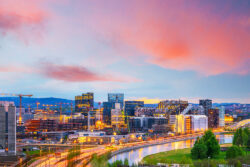
Oslo : reimagining the City for a Carbon-Free Future

Lisbon beyond the Tagus
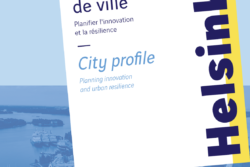
Helsinki : Planning innovation and urban resilience

A warm tomorrow
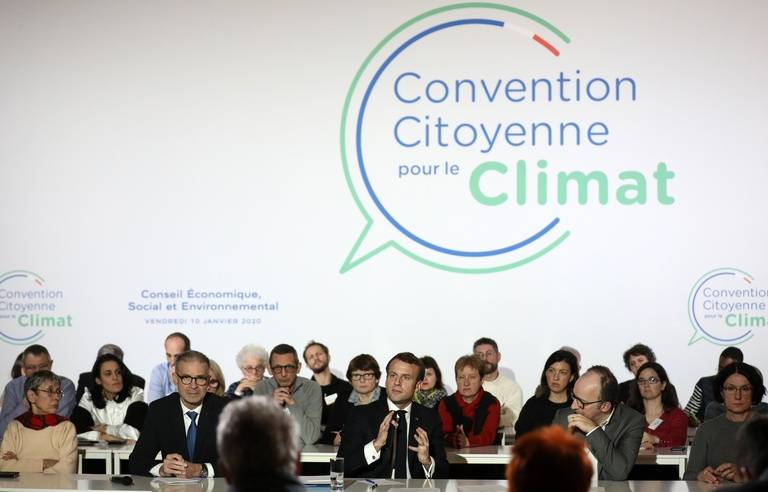
Is resilience useful?
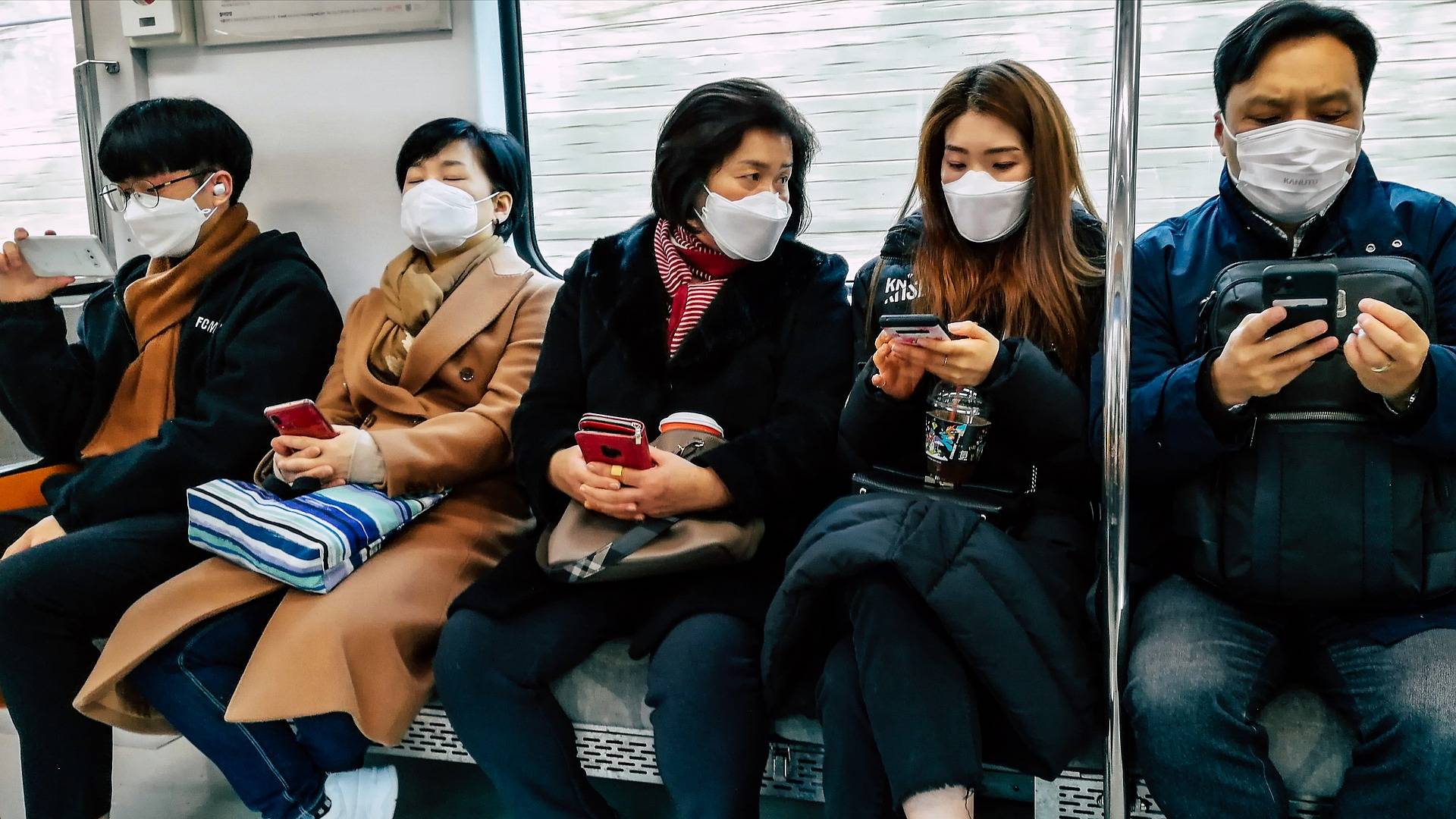
Sending out an SOS

Behind the words: telecommuting
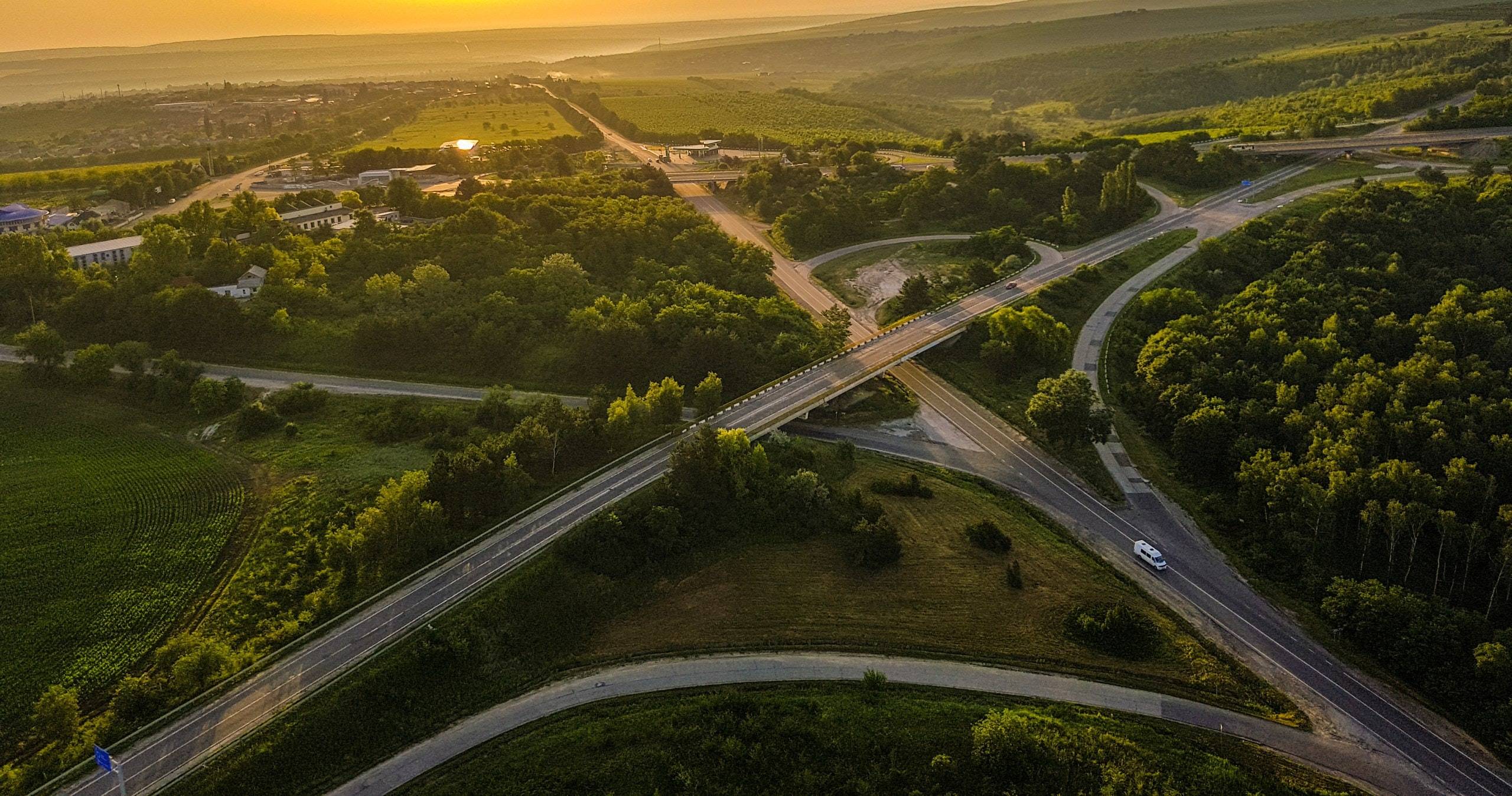
Behind the words: urban congestion
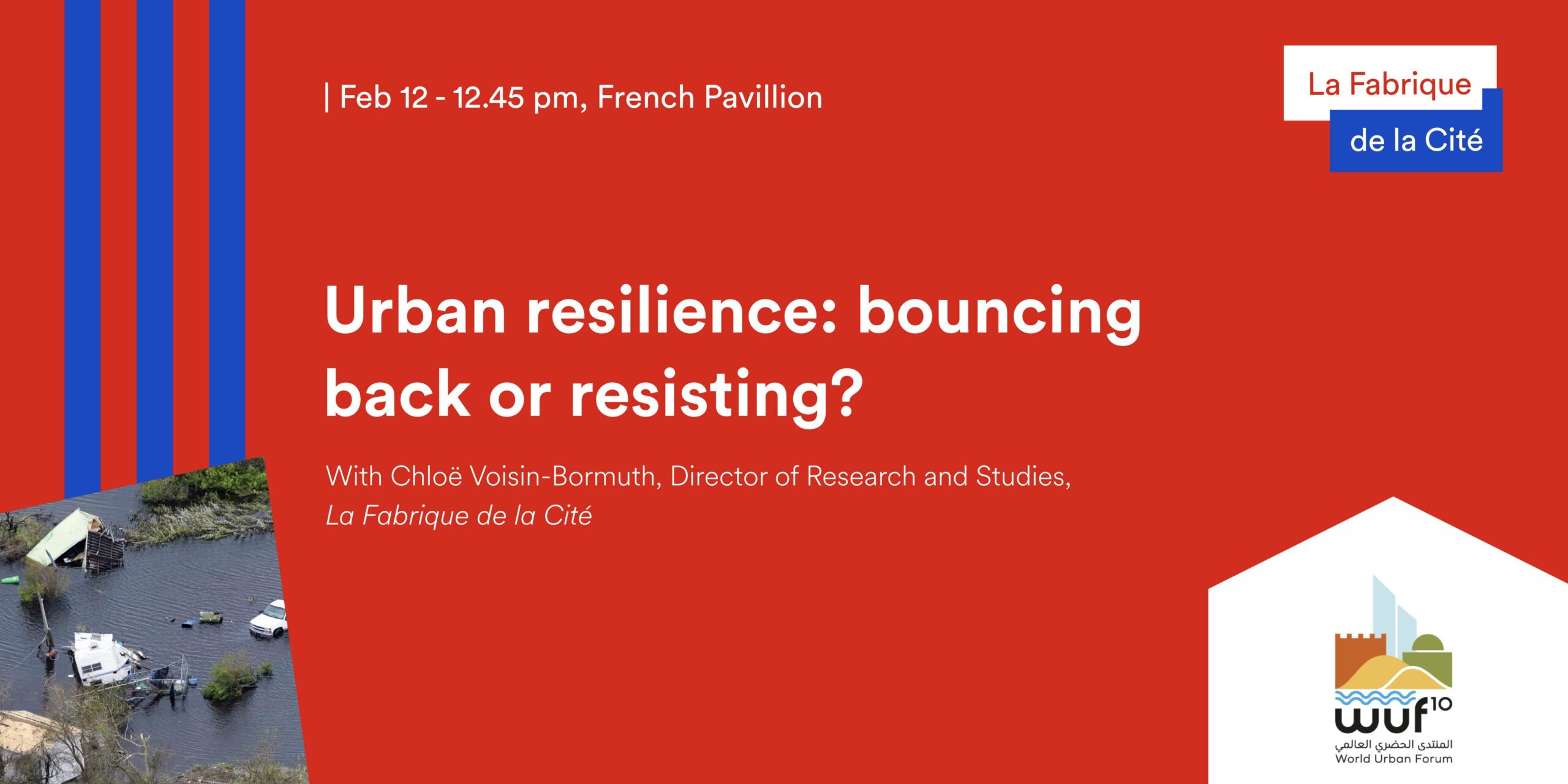
Resilience: an operational concept?
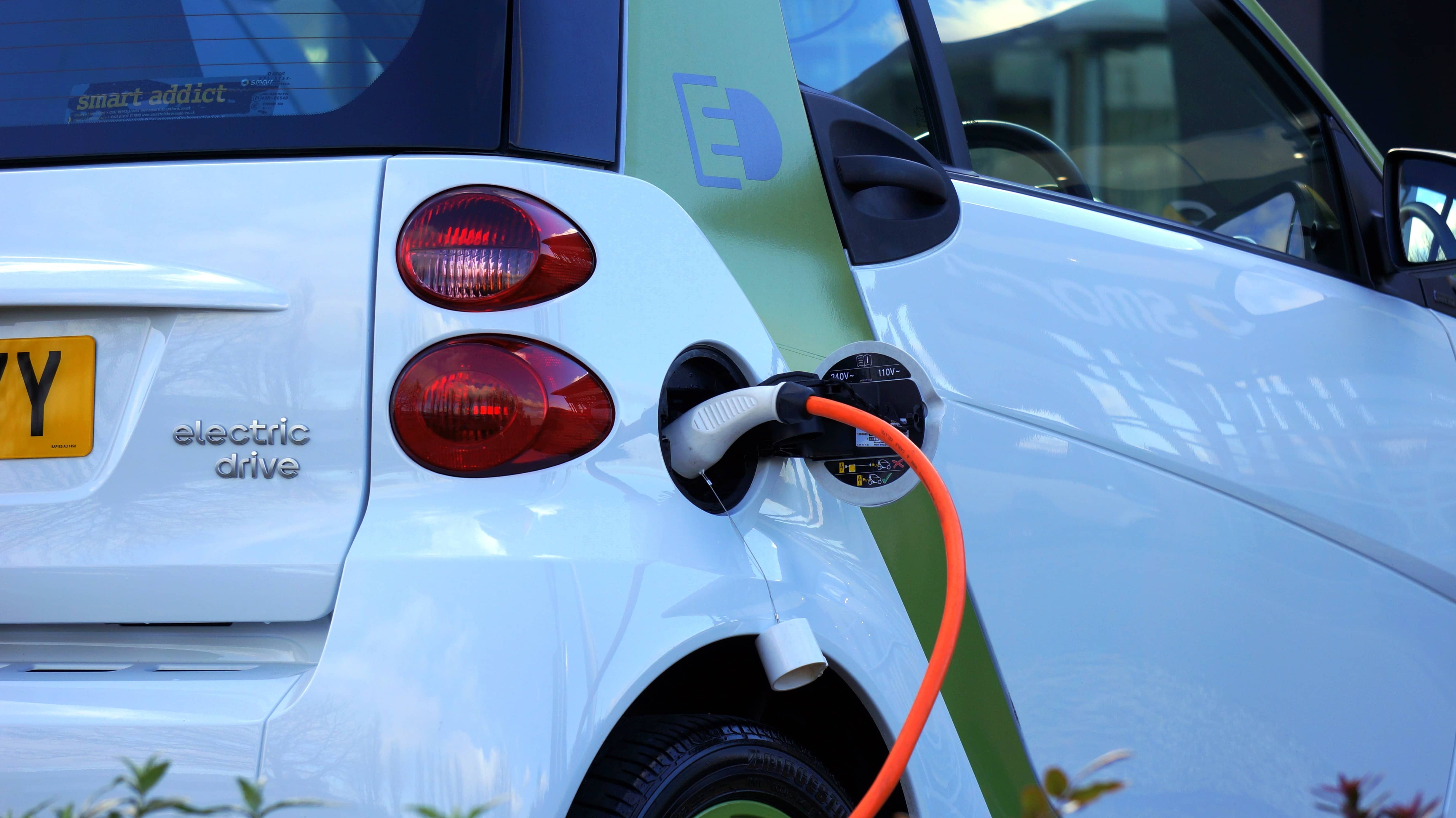
The political and technological challenges of future mobilities
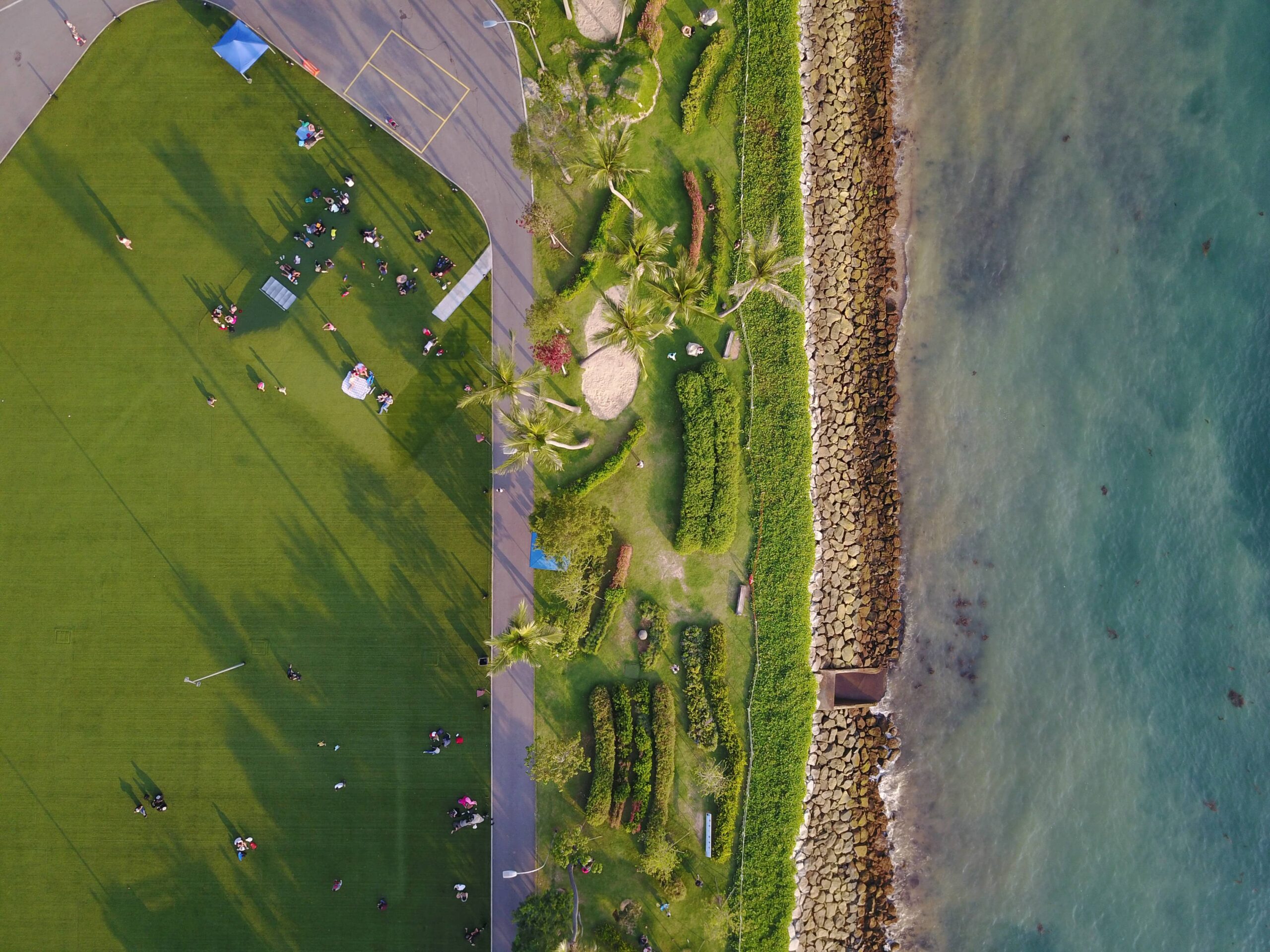
Nature in the city

Inventing the future of urban highways
La Fabrique de la Cité
La Fabrique de la Cité is a think tank dedicated to urban foresight, created by the VINCI group, its sponsor, in 2010. La Fabrique de la Cité acts as a forum where urban stakeholders, whether French or international, collaborate to bring forth new ways of building and rebuilding cities.














